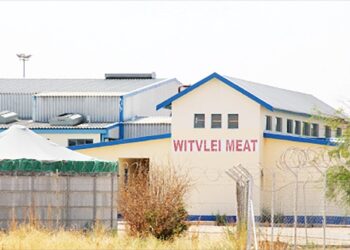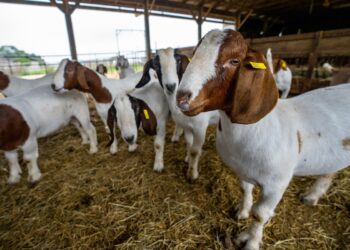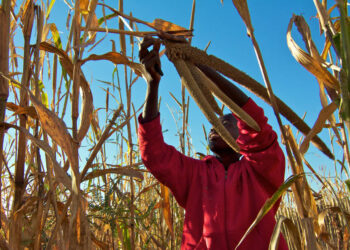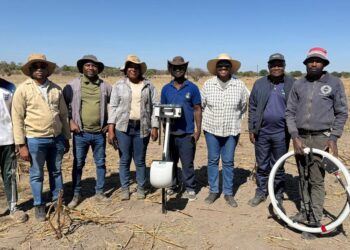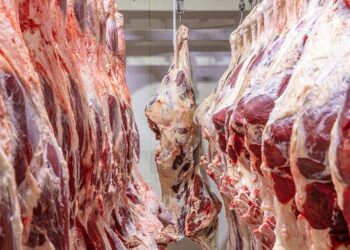
The agricultural sector in Namibia is the backbone of the country’s economy through its three main pillars, namely, food production, employment creation, and income generation.
The sector faces endless challenges associated with climate, market, technologies, inputs, and conflicts amongst others. These are hindering sustainable crop and livestock production in the country at all scales in all communal and commercial production environments. In comparison, communal farming areas comprise mostly farmers producing at a smaller scale, their production is oriented to subsistence.
They participate mostly in informal trade or market segments; however, a significant number does participate in the formal markets. On the other hand, farmers in the commercial farming environment are producing at a larger scale for formal markets, including export markets.
The sector’s challenges require that all relevant stakeholders coordinate their strategies and efforts to overcome these challenges. The Namibian agriculture sector is organized and institutionalized through various role players participating in different value chains. These institutions include farmers’ associations that directly represent farmers in their respective geographical belonging and interests.
The general role of a farmers’ association is to protect the rights and interests of farmers and to act as a linkage between them and other stakeholders or service providers in the sector. The associations are recognized (gazetted) non-profit making institutions and are also affiliated to national unions. These associations subsist on affiliation fees and commissions received for facilitating services such as farm product sales.
The agriculture sector is regarded as the largest employer in the country, however, in relation to the output or productivity, there seems to be a gap. This means the workforce is higher and the productivity is relatively low. This gap can be attributed to the low skills and knowledge levels of the agricultural workforce besides other challenges. Therefore, capacity building or skill development in the sector should be a priority, and a critical task in the mandate of the farmers’ associations.
Farmers’ associations need to develop and organize need-based training and information dissemination programs to keep farmers abreast and simultaneously improving their productivity. The associations need to be at the forefront of sourcing and promoting improved and appropriate technologies and sustainable farming practices to ensure sustainable productivity and livelihoods of their farming communities.
In addition, one of the common challenges for many communal farmers is poor access to production inputs supplies such as seeds, medicines, implements, and feeds for example. This can be attributed to distance or remoteness, affordability, and lack of information amongst
others. To close this gap, the farmers’ association can coordinate the acquisition of such inputs and ensure that their farmers are equipped and able to sustain their production.
Furthermore, marketing is another aspect of critical importance to farmers. The availability and accessibility of markets are a challenge to many farmers, especially in communal areas. This is where a farmers’ association can play the role of exploring and securing markets, and thus linking the farmers to the markets.
This process includes the harmonization of market requirements with the farmer’s needs or harmonizing the production and marketing of farm products. Furthermore, a farmers’ association is the mouthpiece of the farmers at platforms of policy formulations and decisions where it must share the views and protect the interest of the farmers.
Organized agriculture can address farmers’ challenges by lessening the burden on individual farmers in accessing agricultural services, and it can ensure inclusivity in development and decision making in the sector.
Lastly, the performance and sustainability of a farmers’ association would depend on the commitment of the farmers, the management capacity of its leadership, and the necessary facilities such as the office and equipment to manage the institution. Therefore, while investing efforts to capacitate farmers, the association should also capacitate itself.
* Erastus Ngaruka is Technical Advisor – Livestock & Rangeland Management at Agribank


